COVID-19 has upended normal social connections that develop between students and professors. We are missing the connections that develop through casual interactions in office hours, pre-class discussions, post-class questions, and any other in-person interaction. These social connections are important for student retention, academic development, diversity, and inclusion. As universities and faculty grapple with the shift to an online education system, and as uncertainties and budget concerns about the fall semester take hold, strategies to maintain student-faculty connections should be a top priority.
As we thoughtfully shift our courses online, we must also strategically consider how to best replicate or innovate to develop social connections. While maintaining a connection with students should be a university wide initiative, in the short run, faculty can assist by developing their own student connection initiatives. The purposeful use of social media presents a great opportunity for educators to connect with their students and recreate some of the social connections that are lost due to online education, while also providing new ways of developing connections.
Via Elizabeth E Charles



 Your new post is loading...
Your new post is loading...








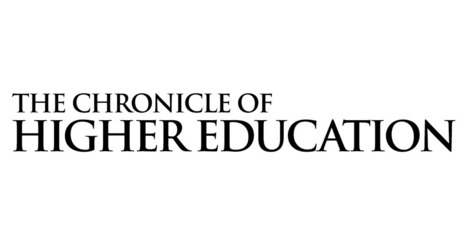



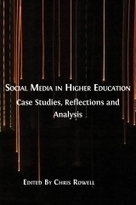
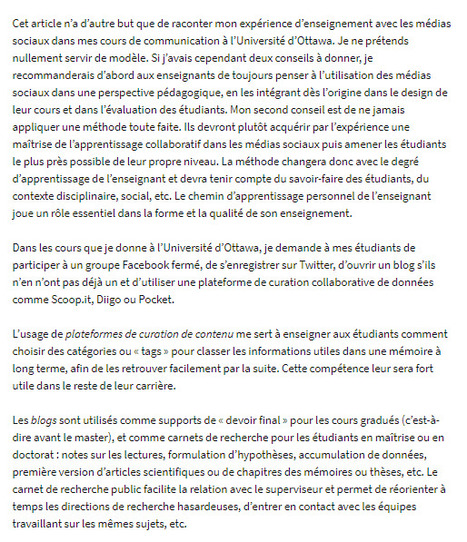
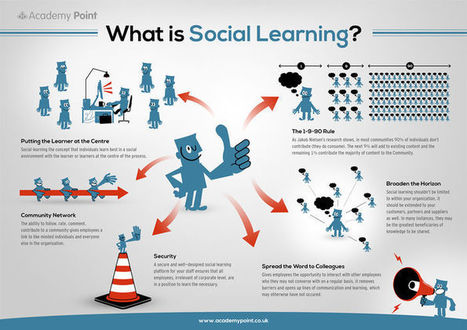


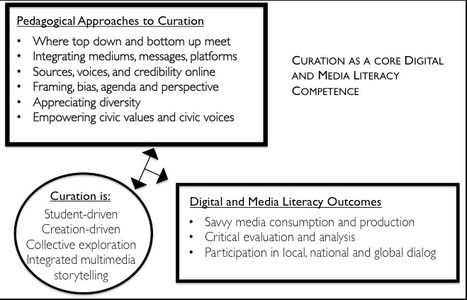


![10 Social Media Skills for Every Modern Teacher [Infographic] by GDC | Notebook or My Personal Learning Network | Scoop.it](https://img.scoop.it/pseSS92h4JV1eq2YN7HosDl72eJkfbmt4t8yenImKBVvK0kTmF0xjctABnaLJIm9)






